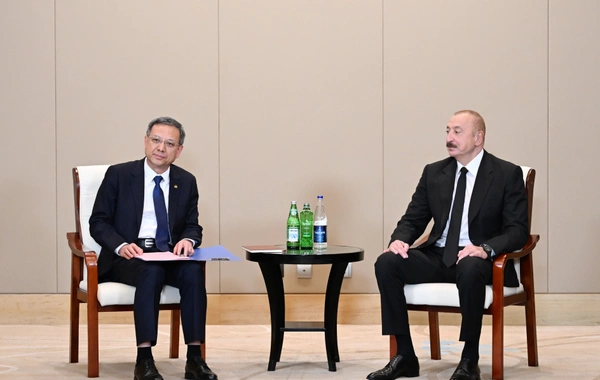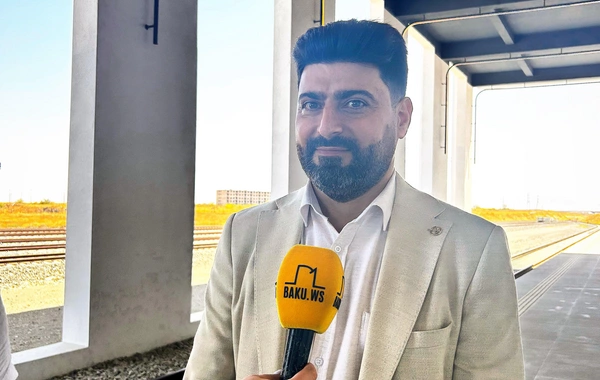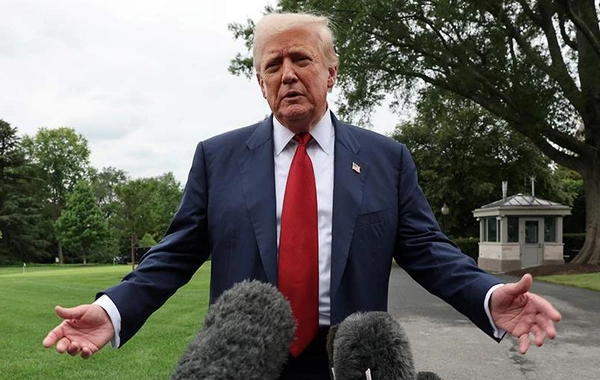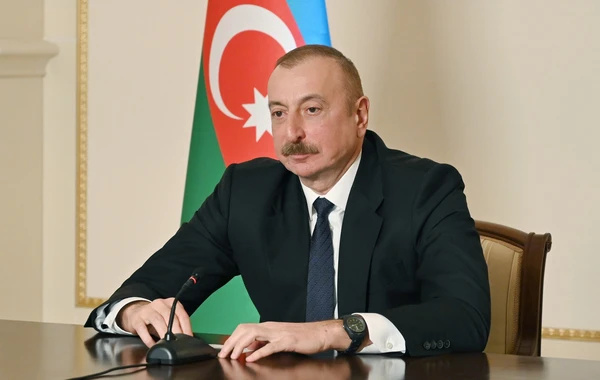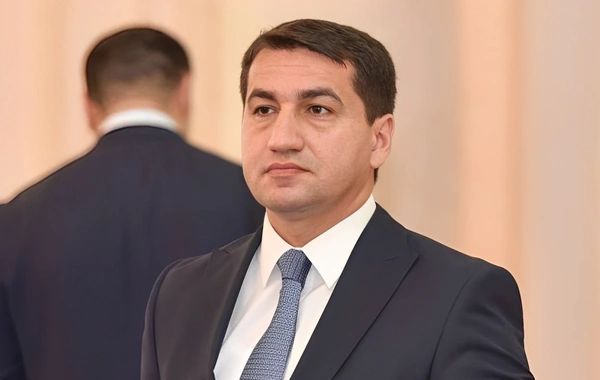Abu Dhabi as a new reference point
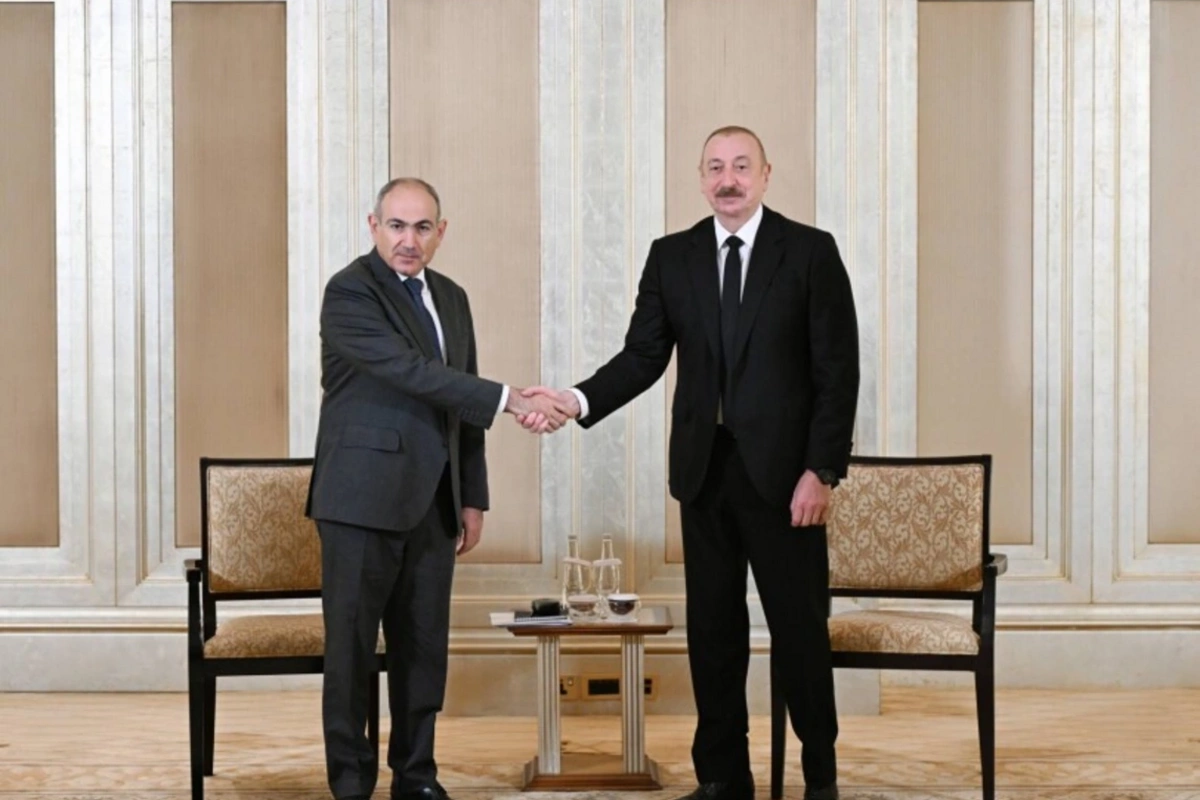
The central political event of recent times in the South Caucasus was the meeting between the President of Azerbaijan Ilham Aliyev and the Prime Minister of Armenia Nikol Pashinyan in the capital of the United Arab Emirates - Abu Dhabi on July 9.
The parties discussed a complex of key issues related to advancing the peace agenda between the two countries.
This meeting is the first in a long period and therefore significant, writes the newspaper "Caspian". Despite the long absence of high-level contacts, dialogue between Baku and Yerevan continued in other formats, and the current meeting was an attempt to take the settlement process to a qualitatively new level. Although no breakthrough decisions were expected from the summit, the very fact of its occurrence, the composition of participants, and the agenda for discussion indicate the parties' desire to return to substantive dialogue and achieve tangible progress in the foreseeable future.
The meeting place cannot be changed
As is known, there are no small details in diplomacy. And the choice of meeting place in this case had special significance. The initiative to hold talks in Abu Dhabi belonged to the Azerbaijani side, and the choice was not accidental. The UAE has long established itself as a neutral platform for conflict resolution: Abu Dhabi does not interfere in the substance of negotiations, does not impose formats, and does not seek to influence outcomes. This impartiality has essentially become a political brand of the Emirates.
For both sides - both for Baku and for Yerevan - the UAE are key partners in the region. Azerbaijan has a strategic partnership with the Emirates, while Armenia has stable trade and economic relations, where the UAE occupies a leading position in the structure of foreign trade.
This level of mutual trust in the host country became an important factor that increased the chances for constructive dialogue. Another indicative moment is the absence of external mediators. The transfer of negotiation activity from traditional centers of influence to the regional level indicates the desire of Baku and Yerevan to act in their own interests, without external pressure.
Azerbaijan forms the agenda
The fact that the meeting agenda was formed by Azerbaijan also deserves special attention. However, it would be incorrect to speak of its imposition: everything indicates that the Armenian side is ready to discuss issues of concern to Baku - from articles of the Armenian Constitution to the formal existence of the OSCE Minsk Group. The degree of Yerevan's readiness for compromise will be shown by further actions.
It is noteworthy that a few days before the meeting, Nikol Pashinyan made a statement about the need to adopt a new constitution. According to him, the basic law should reflect the "real Armenia," that is, the current state of the country. In his speech, he noted that Armenia should clearly separate the concepts of "homeland" and "state," and the new constitution should be adopted by the free will of the people. This thesis may mean abandoning ideological postulates related to the interests of the diaspora and, consequently, the possible exclusion of territorial claims against Azerbaijan. However, this can only be confirmed on the basis of concrete steps.
The corridor of contention
Meanwhile, behind the scenes of the negotiations, there was a resonance around the Zangezur corridor - a route that could connect the main part of Azerbaijan with Nakhchivan through the south of Armenia. Some media hastened to report on the possible involvement of an American private company to ensure security in this area. The Armenian side even acknowledged that the issue is being studied but refrained from comments. Azerbaijan's silence, on the contrary, is perceived as confirmation of the unchanging position: Baku categorically rejects the participation of any foreign entities in corridor security issues.
For Azerbaijan, the Zangezur corridor is not only a logistical object but also an element of national sovereignty and strategic stability. The issue of control over it should remain within the exclusive competence of regional players.
The spread of
Similar News
Ilham Aliyev met with the acting head of Energy China company
On August 31, the President of the Republic of Azerbaijan Ilham Aliyev met with the acting president and chairman of China Energy Engineering Corporation Limite...




 Azərbaycanca
Azərbaycanca  По-русски
По-русски  English
English 
